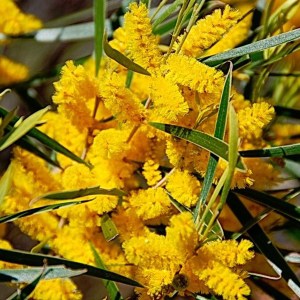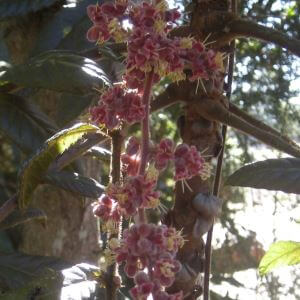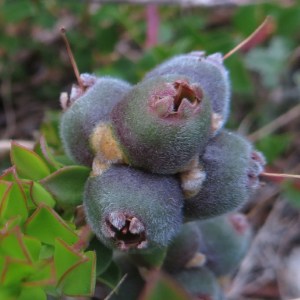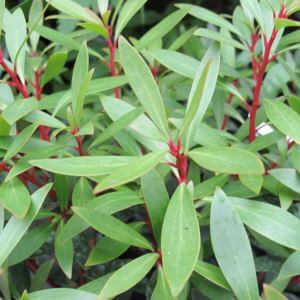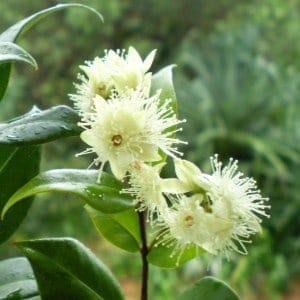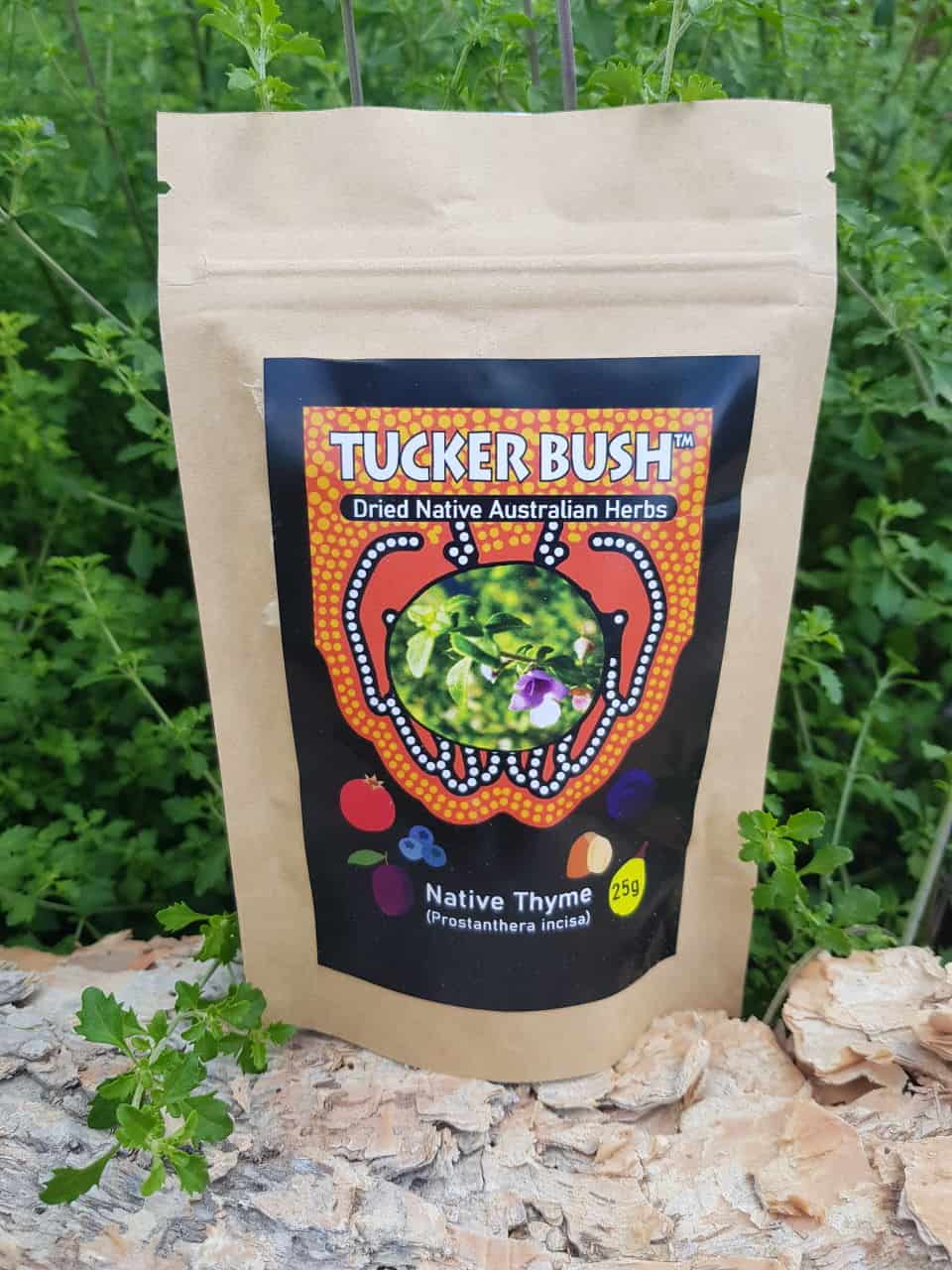Bushfood gardening is one of our favourite hobbies. It’s great for the environment, great for the kitchen, and great for the mind and body — here’s why…
1. Growing your own superfoods
Some of the most beginner-friendly bush tucker plants are both delicious and highly nutritious. Even your garden-variety Lilly Pilly (Syzygium spp.) — with its high levels of vitamin C, vitamin C, magnesium and potassium — is lauded for its potential applications in health, medicine and cosmetics.
Other easy-to-grow native superfoods include the antioxidant-rich Mountain Pepperberry (Tasmannia lanceolata) and Muntries (Kunzea pomifera), the antimicrobial Lemon Myrtle (Backhousia citriodora) and Davidson Plum (Davidsonia pruriens), and the delicious and water-wise mineral-rich Red-Eyed Wattle (Acacia cyclops) and Raspberry Jam Wattle (Acacia acuminata).
TIP: While foraging for bushfood is a romantic notion, it’s much safer to grow your own. With a tried-and-tested store-bought species and full control over what goes into your soil, you’re less likely to ingest something that could cause you harm.
2. Gardening counts as exercise
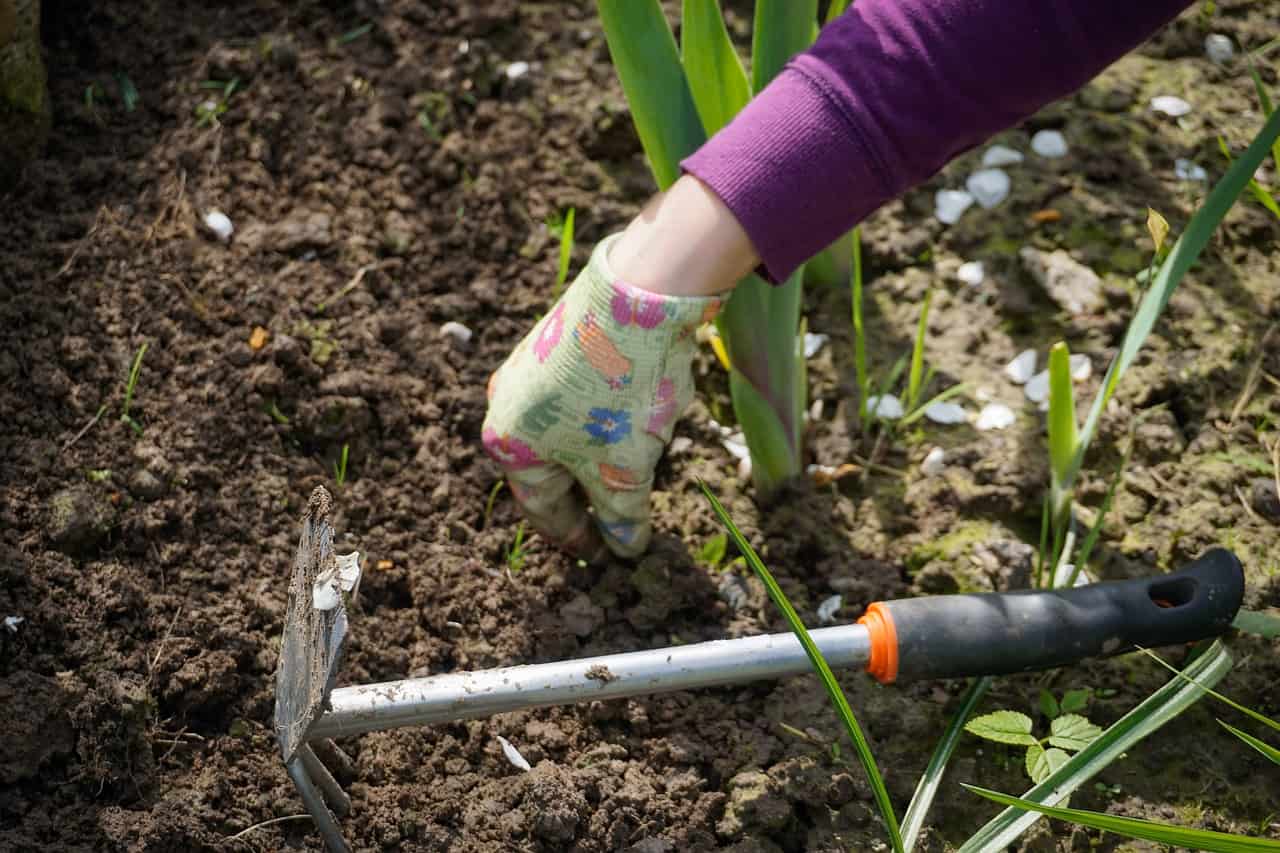
This should come as no surprise, but here’s a little science for you. In 2008, a small study into the intensity of gardening tasks found that activities using both the upper and lower body — eg. digging, raking and planting — “were of moderate intensity and could provide the same health benefits as non-gardening forms of physical activities” to older adults. A subsequent study in 2014 reached similar conclusions when it came to adults in their 20s.
Your mileage will vary depending on what activities you do, but just the act of moving around will get you closer to your “30 minutes a day” than scrolling on your phone.
TIP: It’s easy to lose track of time when you’re in the garden. Be sure to wear sunscreen and a hat, and drink plenty of hydrating fluids, when tending to your bushfood plants in hot summer weather.
3. Spending time in nature can help relieve stress
Feeling grumpy? Spend more time in your veggie patch. In 2018, an article on Harvard Health Publishing reported a “strong connection between time spent in nature and reduced stress, anxiety, and depression.” Scientists haven’t pinpointed exactly why nature has this effect on us, but current thinking suggests it may be related to the calming sounds and soothing visuals of green spaces.
In our view, there’s most likely a myriad of factors all coming together to make us feel better, but our favourite hypothesis is that we humans co-evolved with helpful species of microbes that act as a tonic for our minds and bodies.

TIP: Spending time in nature won’t solve the problems weighing you down, but it can help put you in a better headspace for dealing with them. Along with bushfood gardening, make sure you’re also getting enough sleep, eating a balanced diet, and taking your prescription medicines on schedule.
4. Your soil may contain immunity boosters
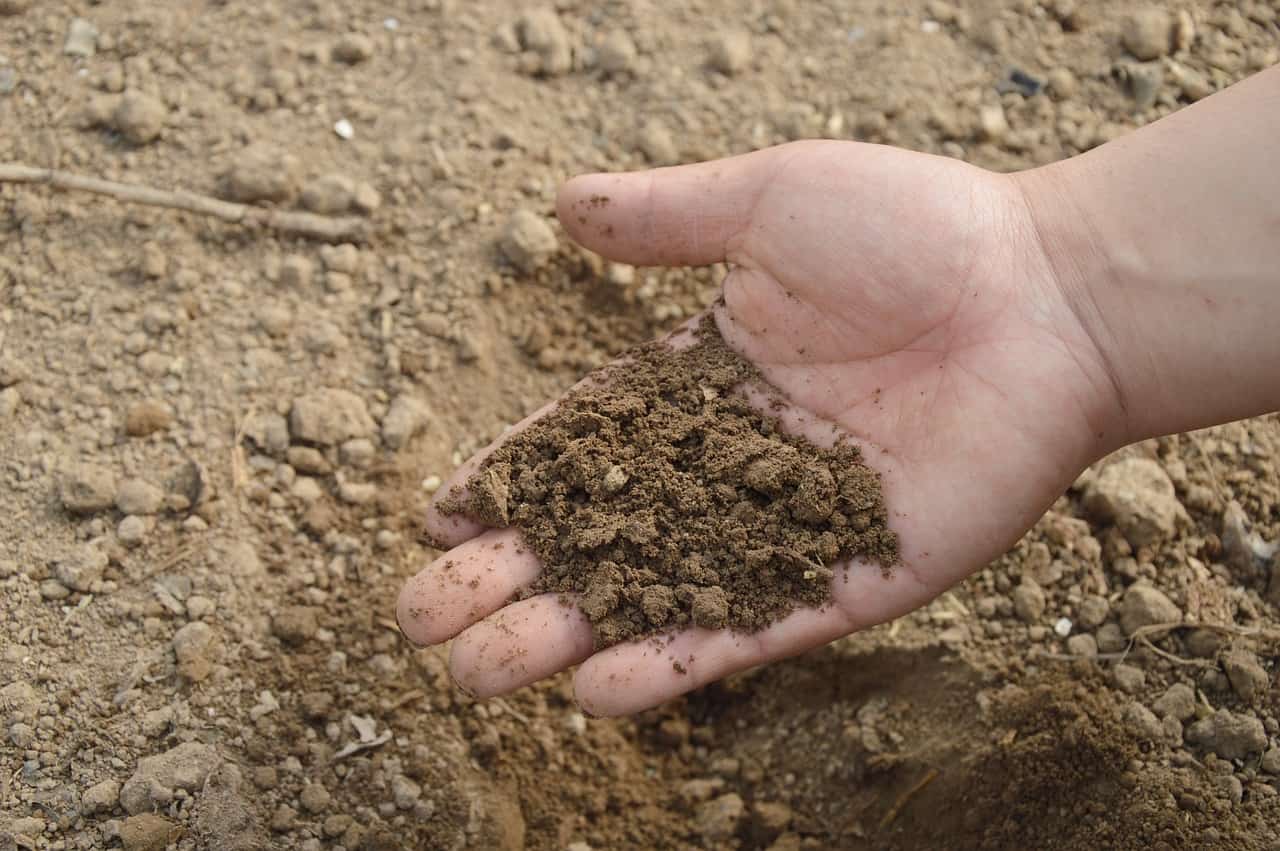
Recent research from Finland suggests that exposure to diverse microbiomes outdoors may lead to more diverse microbiomes inside our bodies. At least, in growing bodies — this research involved allowing daycare-aged children to play in a “forest floor” environment specially planted for the study. After just one month, researchers observed increased T-cells and other immune markers in their tiny test subjects.
Although this was only a small, one-off experiment, it was the first to show that greener environments can have an enhancing effect on the human immune system. More research is needed into whether adults can benefit in the same way, but for now, we’re delighted to find another reason to love our favourite pastime.
TIP: We don’t recommend eating or inhaling dirt. You’ll get a good enough dose of friendly microbes just from working with healthy soil.


